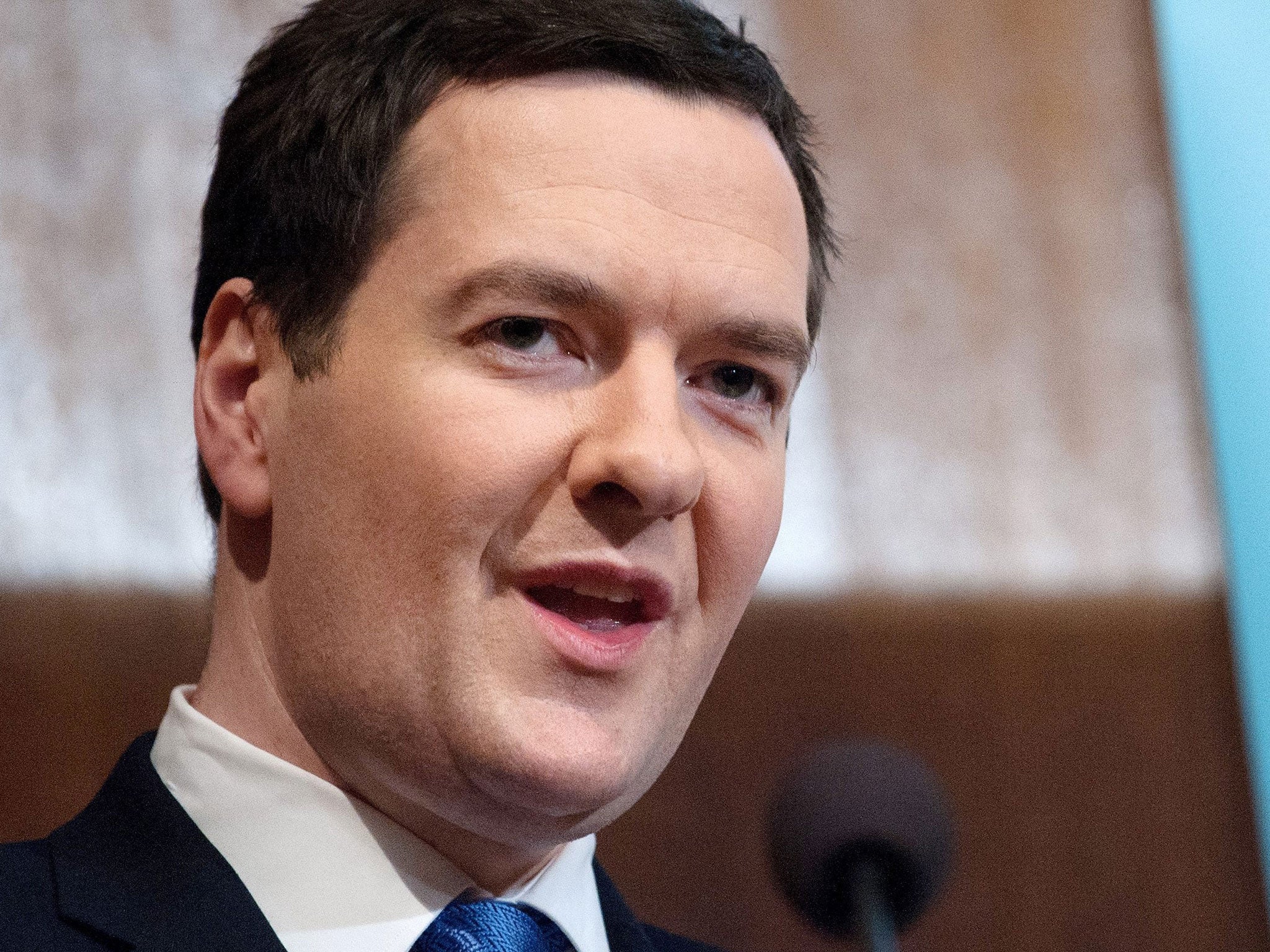George Osborne facing backlash over plans to increase minimum wage

George Osborne was facing a backlash from business leader today over his support for a sharp increase in the value of the national minimum wage.
They claimed that the move could deter employers emerging from the economic downturn from taking on new staff.
In a surprise intervention, the Chancellor insisted that an above-inflation increase in the minimum wage from the current rate of £6.31 would not deter job creation.
He argued that it would reach £7 by 2015-16 if it had risen in line with inflation since 2008. His remarks echoed earlier comments by Vince Cable, the Business Secretary.
The Low Pay Commission will make its final recommendation next month of the new rate which will take effect in October.
But the Confederation of British Industry and the Institute of Directors both condemned political interference over a decision that they said should be driven entirely by the economic facts.
The CBI’s director-general, John Cridland, told the Today programme: “It shouldn’t be politicians who second-guess the labour market. It should be the experts because they protect people’s jobs and try and give them higher wages if that is affordable. It is only affordable if productivity goes up because the economy is growing."
He said an 11 per cent rise to a £7 rate coming into force in October 2015 would be unaffordable and would cost jobs.
James Sproule, Chief Economist at the Institute of Directors, said: “We understand the political pressure to tackle this issue, but economic reality must be the driver for any such policy.”
He warned: "A rise in the minimum wage will put pressure on all wage differentials, and the cumulative effect of this could reduce UK productivity and therefore leave employers reluctant to take on new staff.
"This would be particularly concerning at a time when the government should be doing all it can to make employment attractive."
Subscribe to Independent Premium to bookmark this article
Want to bookmark your favourite articles and stories to read or reference later? Start your Independent Premium subscription today.

Join our commenting forum
Join thought-provoking conversations, follow other Independent readers and see their replies